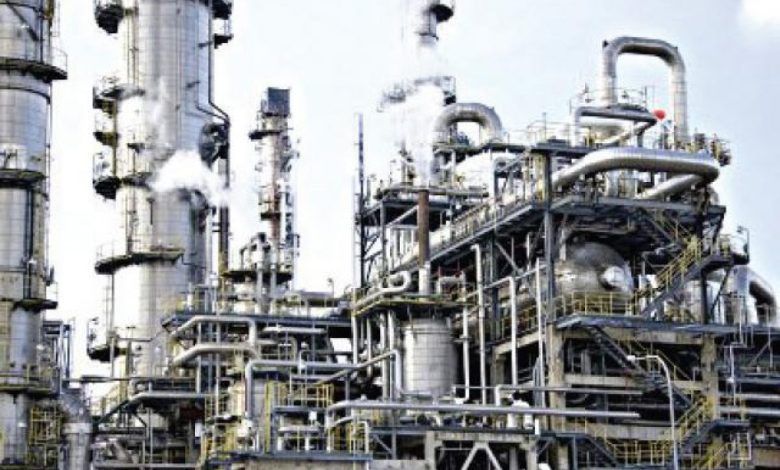
The Port Harcourt Refining Company (PHRC) has clarified that its operations have not been completely halted but have been temporarily scaled down to facilitate crucial improvements at the facility.
The Nigerian National Petroleum Company Limited (NNPCL) has also faced backlash from the Independent Petroleum Marketers Association of Nigeria (IPMAN) over alleged high prices for fuel produced at the refinery.
PHRC’s Acting Executive Director, Moyi Maidunama, assured the public that the temporary reduction in operations was necessary to address technical issues and enhance the refinery’s capacity.
Speaking during a guided tour of the facility on Sunday, Maidunama confirmed that product distribution was ongoing, with several trucks loading refined products. He emphasized that the scaled-back operations were aimed at ensuring long-term efficiency improvements.
“We are managing the process with the number of trucks available today, using a few loading arms for evacuation. This should be resolved soon,” Maidunama said. Despite the reduced scale, the refinery continued to dispatch products including Premium Motor Spirit (PMS), kerosene, and diesel.
However, the reduction in operations has led to concerns, with the Terminal Manager at the Port Harcourt Depot, Worlu Joel, highlighting a low turnout of tanker drivers. He noted that although the depot had surplus products and operational loading arms, it had to request drivers to evacuate the products. Despite these challenges, the depot has been able to load over ten trucks, with plans to dispatch at least 15 before the day ends.
The Managing Director of PHRC, Ibrahim Onoja, also addressed improvements made at the facility, emphasizing that the refinery had undergone significant upgrades, including replacing critical equipment such as pumps, cables, and instrumentation. Onoja reiterated the refinery’s commitment to maintaining consistent product distribution as the upgrades continue.
IPMAN’s Concerns Over Fuel Prices
Amid these developments, IPMAN has expressed its displeasure over the reported price of fuel produced at the Port Harcourt refinery, which some oil retailers claim is set at N1,030 per litre. This price is about N60 higher than the cost of petrol produced by Dangote Petroleum Refinery. The association has made it clear that it will not purchase fuel from the refinery if the price remains high, citing that it should be more affordable than petrol from both Dangote’s refinery and imported fuel.
Chinedu Ukadike, the spokesperson for IPMAN, criticized the proposed price, stating, “If the Port Harcourt refinery’s PMS price is truly N1,030, it is unacceptable to us independent marketers. We will not buy from them. We will buy where it is cheap.” Ukadike expressed hope that NNPCL would reconsider the pricing structure, but made it clear that IPMAN would wait for a price review before committing to purchase from the refinery.
The NNPCL has responded to the claims, clarifying that it has not yet begun selling petrol from the Port Harcourt refinery to external buyers. The product is currently reserved for its retail outlets. According to NNPC spokesperson Olufemi Soneye, the company periodically reviews and adjusts pricing based on operational realities.
Industry Reactions and Blending Process
The Crude Oil Refineries Owners Association of Nigeria (CORAN) also weighed in on the pricing issue, arguing that the blended Premium Motor Spirit (PMS) produced at Port Harcourt should be cheaper than directly refined petrol. CORAN National Publicity Secretary, Eche Idoko, explained that the blending process, which involves mixing naphtha with cracked C5, is a more cost-effective method of production. While this technique may increase petrol production and improve quality, Idoko raised concerns about the environmental impact due to the emissions released during the blending process.
As the situation unfolds, both the NNPCL and IPMAN will be closely monitoring the refinery’s pricing strategy and the continued upgrades at the Port Harcourt facility, which is poised to play a significant role in Nigeria’s petroleum sector.





